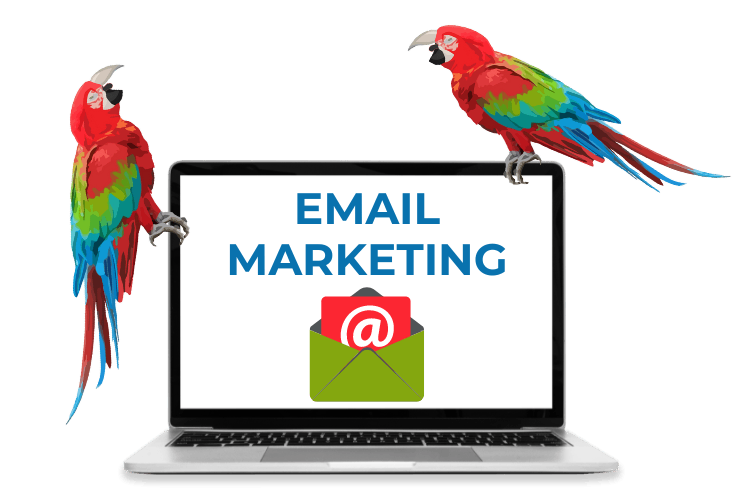Identifying and understanding your target audience is crucial for creating effective email marketing campaigns. By knowing who you're communicating with, you can tailor your messaging and offers to their needs and preferences.
Get Ready to Ignite Your Inbox: Unleash the Power of Email Marketing


How to Craft Emails That Get Noticed
Define Your Audience
Craft Your Email Content
Your email content should be engaging, valuable, and relevant to your audience. Use attention-grabbing subject lines, personalized greetings, and a clear call-to-action to motivate your subscribers to take action.
Choose Marketing Platform
Choosing the right email marketing platform is important to ensure you have access to the features and functionalities you need to execute your campaigns effectively. Look for platforms that offer user-friendly interfaces, automation capabilities, and tracking and analytics tools.
Test and Optimize
Testing and optimizing your email campaigns is key to improving their performance over time. Experiment with different subject lines, send times, and content to see what works best for your audience and adjust your strategy accordingly.
Build Your Email List
Your email list is one of your most valuable marketing assets. You should be continuously collecting and growing your list by using lead magnets, opt-in forms, and other list-building strategies.
Monitor and Measure
Monitoring and measuring your email marketing metrics is critical for understanding how your campaigns are performing and identifying areas for improvement. Use tools like open rates, click-through rates, and conversion rates to track your progress and make data-driven decisions.

Personalize Your Emails : Personalization is key to creating a connection with your subscribers. Use their names, past purchase history, and other relevant data to tailor your messages to their interests and needs.
Use Storytelling Techniques: Storytelling is a powerful tool for building rapport and trust with your subscribers. Use narratives, anecdotes, and testimonials to create a sense of connection and demonstrate the value of your products or services.
Make Your Emails Conversational: Write your emails in a conversational tone, as if you’re speaking directly to your subscribers. Use informal language, ask questions, and invite feedback to create a sense of two-way communication.
Provide Value: Every email you send should provide value to your subscribers. Whether it’s informative content, special offers, or exclusive access to events or products, make sure your emails offer something that your subscribers can’t get anywhere else.

Email marketing is a digital marketing strategy that involves sending emails to a group of people to promote a product or service, build brand awareness, or foster customer relationships.
Email marketing is important because it allows you to communicate directly with your subscribers, build trust and loyalty, and promote your business in a cost-effective way. It also provides you with valuable data and insights on your audience’s behavior and preferences.
You can build an email list by offering lead magnets, such as e-books or webinars, that require an email address to access, adding opt-in forms to your website or social media pages, running contests or giveaways that require an email address to enter, or asking customers for their email addresses in-store or during the checkout process.
The frequency of your emails depends on your audience and the type of content you’re sending. You should aim to strike a balance between staying top-of-mind with your subscribers and avoiding overwhelming them with too many emails. Once a week or twice a month is a good starting point, but you can adjust based on feedback and performance metrics.
Effective subject lines should be short, attention-grabbing, and relevant to your audience. Use action-oriented language, personalization, and urgency to motivate your subscribers to open your emails.
You can measure the success of your email campaigns by tracking metrics such as open rates, click-through rates, conversion rates, and revenue generated. Use these metrics to evaluate the effectiveness of your campaigns and make data-driven decisions about future email marketing efforts.